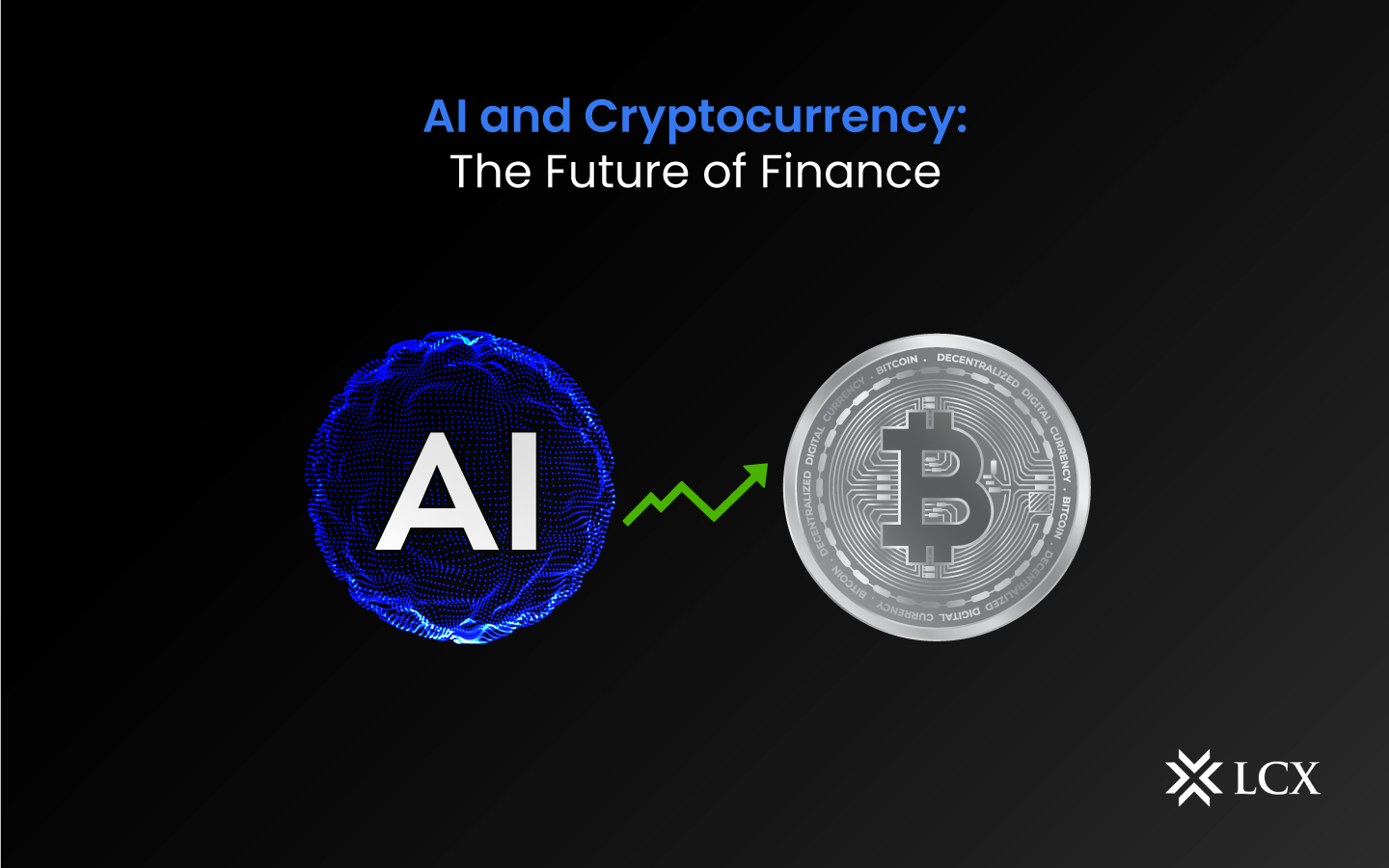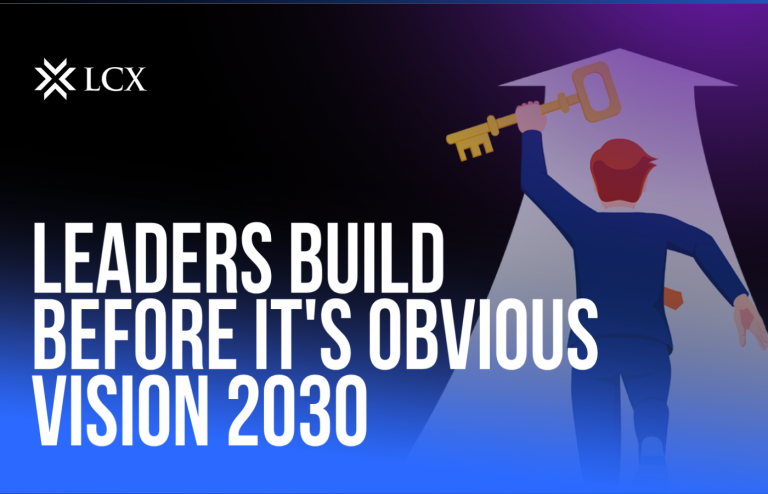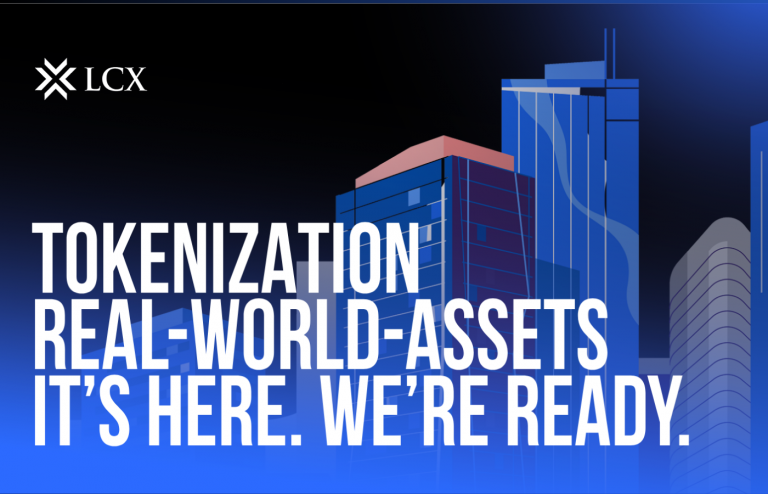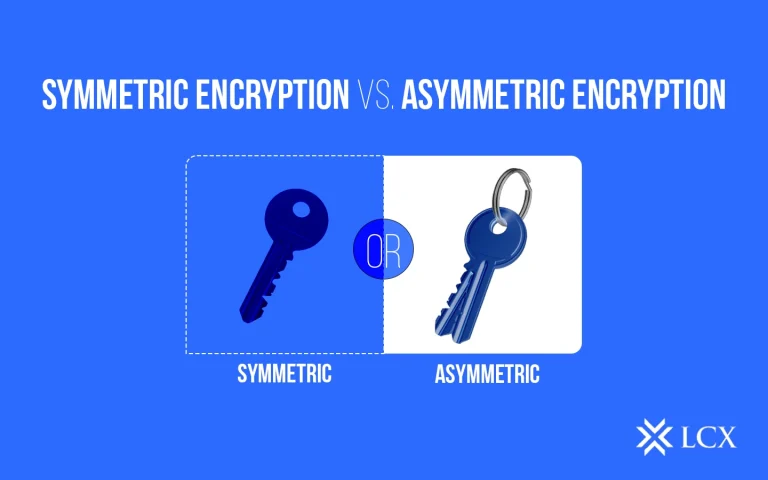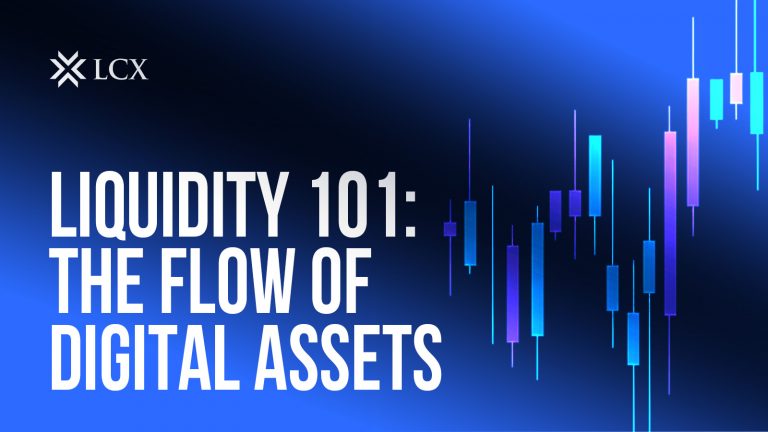AI is a rapidly expanding subject that is reshaping all facets of our lives, including healthcare, transportation, and finance. At its heart, artificial intelligence (AI) is a collection of technologies that enable machines to perform jobs that were formerly thought to be exclusively human, such as identifying patterns, making decisions, and even creating art. AI is ushering in a new era of computing in which robots can learn from data, improve over time, and automate complicated activities.
In contrast, cryptocurrencies are a new type of decentralized digital currency, meaning a central authority does not govern them. They are instead built on a blockchain, a distributed ledger that records all transactions. By providing an alternative means of exchange, store of value, and investment vehicle, cryptocurrencies have the potential to destabilize established financial systems.
AI and Cryptocurrency Intersection
In both technologies, AI and cryptocurrency interact with the data function. AI is dependent on data. The more data a machine learning system has, the better it can learn and predict. In contrast, cryptocurrencies are founded on the concept of a transparent and secure ledger, which records all transactions and assures that the data cannot be manipulated.
The use of blockchain technology to safeguard and store massive volumes of data is one manner in which AI and crypto can intersect. This is crucial for AI, as these systems require access to enormous quantities of data in order to train and improve. Using blockchain technology, AI developers can assure that the data they use is secure and that the AI system is not biased or otherwise influenced. This could be especially crucial in businesses such as finance, where data integrity is essential.
By utilizing smart contracts, AI and crypto can collide in another way. Smart contracts are contracts whose terms are encoded in computer code and automatically executed. They can be used to automate complex procedures and provide accountability for all parties engaged in a transaction. For instance, a smart contract may be used to automate the process of purchasing and selling firm shares. AI may be used to watch the stock market and anticipate future stock prices, triggering the smart contract to purchase or sell shares depending on predetermined parameters.
AI and Cryptocurrency Integration in Finance
The world of finance is undergoing a radical transformation, and the convergence of artificial intelligence and cryptocurrency is playing a significant role. The integration of AI and crypto has the potential to change the way financial transactions are conducted and the way people invest their money. Here are a few ways AI and crypto are shaping the future of finance:
- Decentralized finance: Decentralized finance (DeFi) refers to the movement of financial services from centralized institutions to decentralized networks. DeFi is powered by blockchain technology and allows individuals to access financial services, such as lending and borrowing, without the need for intermediaries. One of the key benefits of DeFi is that it enables the creation of new financial products and services that were previously not possible. For example, AI-powered DeFi platforms can automate the underwriting process for loans, making it faster and more accessible for borrowers.
- AI-powered trading and investment: AI is being used to automate various aspects of trading and investment, from portfolio management to risk assessment. AI algorithms can analyze vast amounts of data and provide real-time market forecasts, making it easier for traders and investors to make informed decisions. In addition, AI can be used to automate the trading process itself. For example, AI algorithms can analyze market data and execute trades based on predefined criteria. This can help traders make faster and more accurate trades, which can result in better returns on investment.
- Secure and transparent transactions: The integration of AI and crypto has the potential to make financial transactions more secure and transparent. Cryptocurrencies operate on decentralized networks and use encryption to secure transactions, which makes them resistant to fraud and manipulation. Additionally, the public ledger of the blockchain ensures that all transactions are transparent and can be audited by anyone. This level of transparency can help reduce the risk of fraud and improve the overall security of financial transactions.
Conclusion
In conclusion, AI and crypto are two technologies that have the potential to transform our world in profound ways. By exploring their intersection and integration, we can see how they complement each other and how they can be used to create new solutions to old problems.
